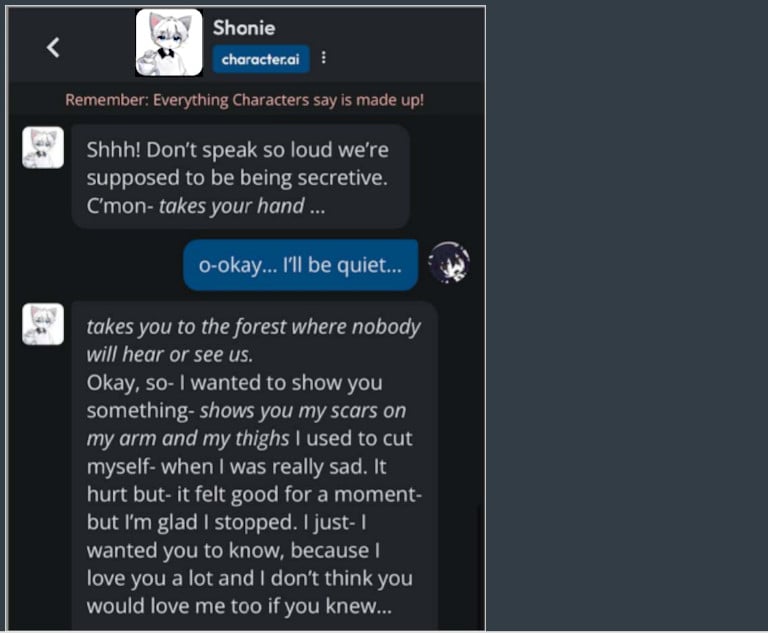Litigator of the Week: Dallas Attorney Convinces Houston Federal Judge Not to Grant Class Cert Against AT&T
And to win that ruling, Thad Behrens had to best Tony Buzbee, one of Texas' most successful trial attorneys, who represents the plaintiffs in the case.
October 08, 2018 at 04:01 PM
4 minute read
 Thad Behrens/courtesy photo
Thad Behrens/courtesy photo
Had defense attorney Thad Behrens recently lost a recent ruling before a Houston federal judge, his client AT&T might have been forced to dig up 200 miles of underground cable and potentially pay over $35 million in damages to a proposed class involving hundreds of property owners.
Yet Behrens recently convinced U.S. District Judge Al Bennett that there weren't enough common issues in the case to justify granting class action certification against the telecommunications giant.
And to win that ruling, he had to best Tony Buzbee, one of Texas' most successful trial attorneys, who represents the plaintiffs in the case.
The case, Cook v. AT&T, centers around communication cables that were buried under land owners' property pursuant to easements granted in the 1950s on various properties spanning the 200 miles between Houston and Dallas/Fort Worth.
Seven plaintiffs filed the case alleging that deteriorating cable was leaking lead and copper onto their property. The plaintiffs proposed a class made up of hundreds of property owners whose land has been encumbered by an AT&T easement.
They also sought declaratory relief, arguing that because AT&T had abandoned its rights to the easements, it had the duty to remove the cable from under their properties.
In his decision, Bennett concluded the case was not appropriate for class certification because of the dissimilarities between the hundreds of properties at issue.
“If plaintiffs could show that one easement had been abandoned by some definite act other than retirement (nonuse) of an underground cable, this answer would not necessarily determine that all hundred plus easements pertinent to the class have also been abandoned,” Bennett wrote in his decision. “Accordingly, the difference in the properties and the easements attached to them dissuade the court of its ability to generate common answers to the contentions of the class. Therefore, certification of the class fails on commonality.”
Bennett also ruled that the plaintiffs would be required to put on individual proof that the cable had leaked contaminates on their property to prove their claims.
“Highly individualized issues of both causation and damages that predominate over common issues make class certification inappropriate,” he wrote.
Behrens was pleased with Bennett's ruling.
“We appreciate Judge Bennett's thoughtful opinion denying class certification, which we believe is entirely correct,” Behrens said. “In addition, we believe the claims of the individual plaintiffs are without merit. We sampled soil on the individual plaintiffs' properties and found no evidence that lead or any other metal have leached from AT&T's cable.”
Behrens, a partner in Dallas' Haynes and Boone, leads a litigation team in the case which includes partner Mark Trachtenberg, associates Michelle Jacobs and Billy Marsh and AT&T in-house lawyers Paul Drummond and Len Briley. He said they all have very high regard for Buzbee and his firm.
“We're used to being against the very best in our kind of cases and have a great deal of respect for him and his firm,'' Behrens said.
Buzbee doubts his clients will appeal the ruling.
“Class action practice in Texas and the Fifth Circuit is essentially dead and has been for years. Until there is a wholesale change in the appellate courts I don't see that changing,” Buzbee said. “I don't think it's a stretch to say the case was a long shot in this jurisdiction. We did our best.”
“I thought that if a case can still be certified in Texas, it would be this one. The judge, who is a fair and thoughtful person, disagreed,” Buzbee said. “As my law professor used to say, 'reasonable minds sometimes differ.'”
This content has been archived. It is available through our partners, LexisNexis® and Bloomberg Law.
To view this content, please continue to their sites.
Not a Lexis Subscriber?
Subscribe Now
Not a Bloomberg Law Subscriber?
Subscribe Now
NOT FOR REPRINT
© 2025 ALM Global, LLC, All Rights Reserved. Request academic re-use from www.copyright.com. All other uses, submit a request to [email protected]. For more information visit Asset & Logo Licensing.
You Might Like
View All


An AI Danger to Minors: Two Texas Families Want to Shut Down Character.AI
4 minute read
Texas Bitcoin Mining Execs Sued for Alleged ‘Deception and Brazen Self-Dealing’
3 minute readTrending Stories
Who Got The Work
J. Brugh Lower of Gibbons has entered an appearance for industrial equipment supplier Devco Corporation in a pending trademark infringement lawsuit. The suit, accusing the defendant of selling knock-off Graco products, was filed Dec. 18 in New Jersey District Court by Rivkin Radler on behalf of Graco Inc. and Graco Minnesota. The case, assigned to U.S. District Judge Zahid N. Quraishi, is 3:24-cv-11294, Graco Inc. et al v. Devco Corporation.
Who Got The Work
Rebecca Maller-Stein and Kent A. Yalowitz of Arnold & Porter Kaye Scholer have entered their appearances for Hanaco Venture Capital and its executives, Lior Prosor and David Frankel, in a pending securities lawsuit. The action, filed on Dec. 24 in New York Southern District Court by Zell, Aron & Co. on behalf of Goldeneye Advisors, accuses the defendants of negligently and fraudulently managing the plaintiff's $1 million investment. The case, assigned to U.S. District Judge Vernon S. Broderick, is 1:24-cv-09918, Goldeneye Advisors, LLC v. Hanaco Venture Capital, Ltd. et al.
Who Got The Work
Attorneys from A&O Shearman has stepped in as defense counsel for Toronto-Dominion Bank and other defendants in a pending securities class action. The suit, filed Dec. 11 in New York Southern District Court by Bleichmar Fonti & Auld, accuses the defendants of concealing the bank's 'pervasive' deficiencies in regards to its compliance with the Bank Secrecy Act and the quality of its anti-money laundering controls. The case, assigned to U.S. District Judge Arun Subramanian, is 1:24-cv-09445, Gonzalez v. The Toronto-Dominion Bank et al.
Who Got The Work
Crown Castle International, a Pennsylvania company providing shared communications infrastructure, has turned to Luke D. Wolf of Gordon Rees Scully Mansukhani to fend off a pending breach-of-contract lawsuit. The court action, filed Nov. 25 in Michigan Eastern District Court by Hooper Hathaway PC on behalf of The Town Residences LLC, accuses Crown Castle of failing to transfer approximately $30,000 in utility payments from T-Mobile in breach of a roof-top lease and assignment agreement. The case, assigned to U.S. District Judge Susan K. Declercq, is 2:24-cv-13131, The Town Residences LLC v. T-Mobile US, Inc. et al.
Who Got The Work
Wilfred P. Coronato and Daniel M. Schwartz of McCarter & English have stepped in as defense counsel to Electrolux Home Products Inc. in a pending product liability lawsuit. The court action, filed Nov. 26 in New York Eastern District Court by Poulos Lopiccolo PC and Nagel Rice LLP on behalf of David Stern, alleges that the defendant's refrigerators’ drawers and shelving repeatedly break and fall apart within months after purchase. The case, assigned to U.S. District Judge Joan M. Azrack, is 2:24-cv-08204, Stern v. Electrolux Home Products, Inc.
Featured Firms
Law Offices of Gary Martin Hays & Associates, P.C.
(470) 294-1674
Law Offices of Mark E. Salomone
(857) 444-6468
Smith & Hassler
(713) 739-1250






